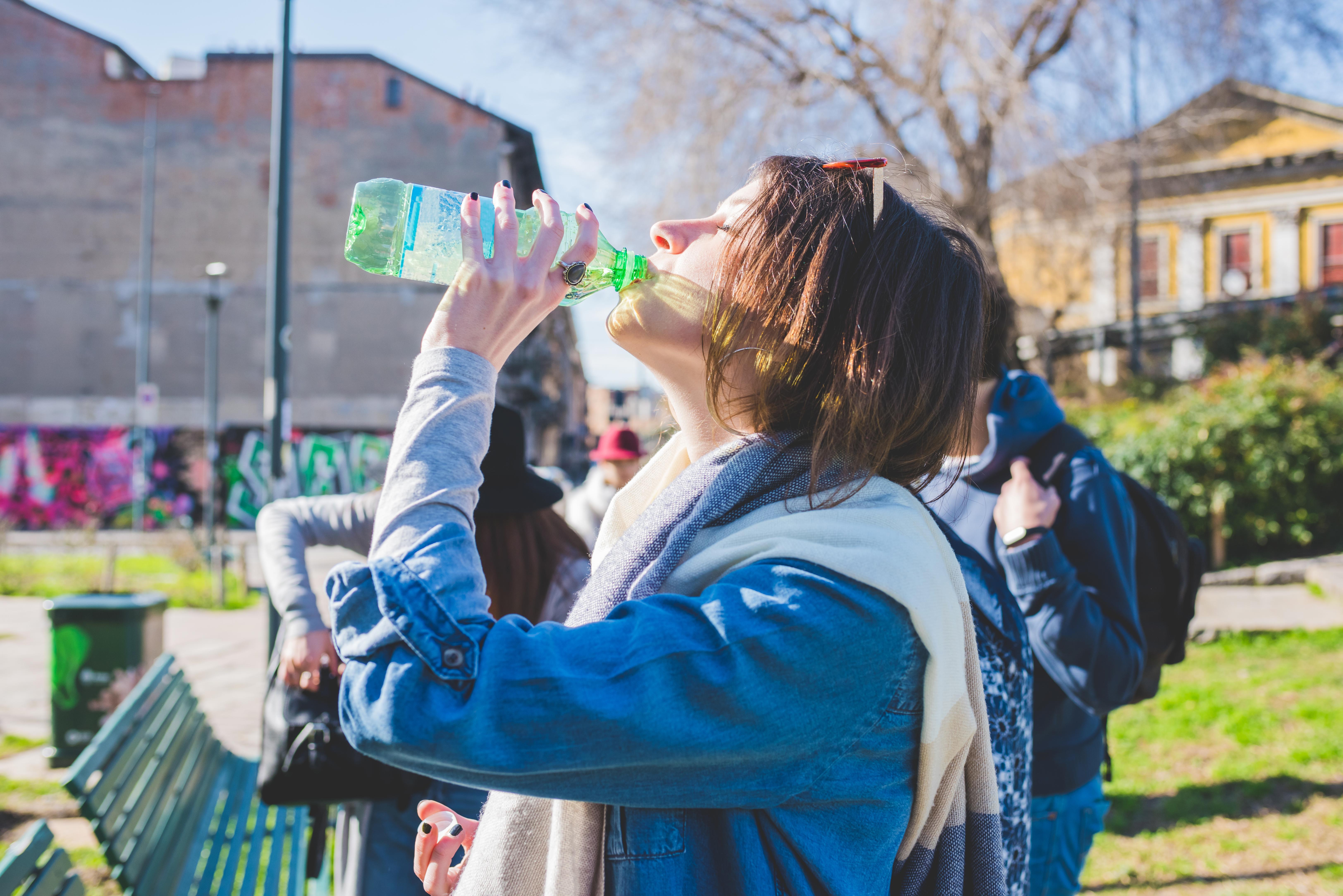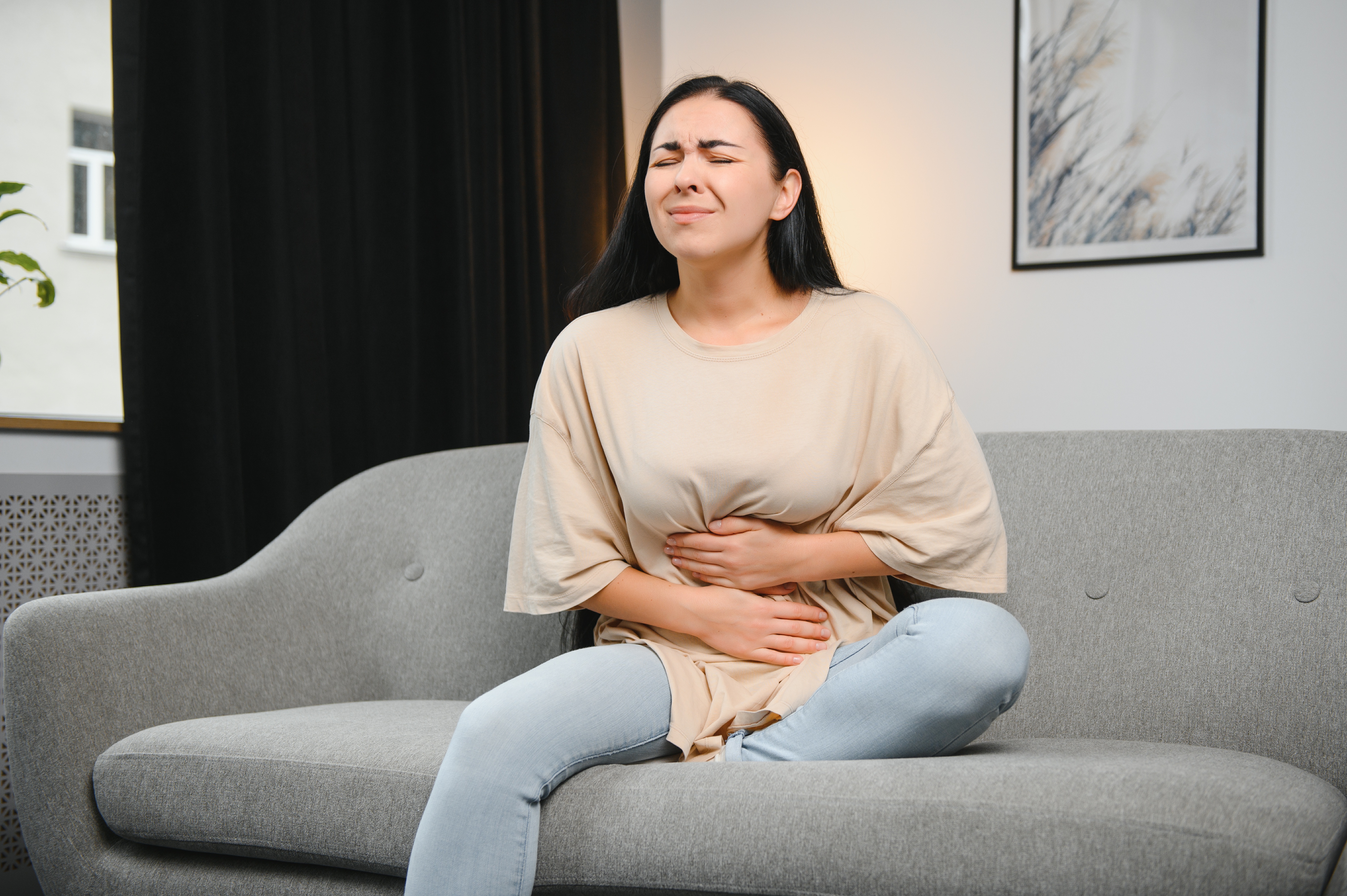Digestive Detox: Ditch These Gut-Wrecking Habits for Instant Wellness
9. Dehydration

Water is a critical player in digestion. It helps break down food, absorb nutrients, and move waste through the intestines. When you don’t drink enough, everything slows down—stool becomes dry and difficult to pass, leading to bloating, discomfort, or even constipation. Chronic dehydration also reduces the protective mucus layer in your intestines, increasing your vulnerability to irritation and inflammation. Even mild dehydration can throw off electrolyte balance, which in turn affects muscular contractions in your gut. If your digestion feels sluggish, your water intake could be the missing link. Don’t wait until you’re thirsty—build hydration into your day.
10. Overdoing NSAIDs (Like Ibuprofen)

Non-steroidal anti-inflammatory drugs (NSAIDs) are effective for pain relief, but chronic use can erode your gut lining and disturb microbial balance. These medications inhibit prostaglandins—compounds that help protect the stomach and intestinal walls. Without them, the gut becomes more susceptible to inflammation, ulcers, and leaky gut syndrome. Over time, this can lead to abdominal pain, irregular bowel habits, and a weakened immune response. If you rely on NSAIDs frequently for headaches, joint pain, or chronic discomfort, it’s worth reconsidering the root cause and exploring gut-friendly alternatives. Your relief shouldn’t come at the cost of long-term digestive health.
